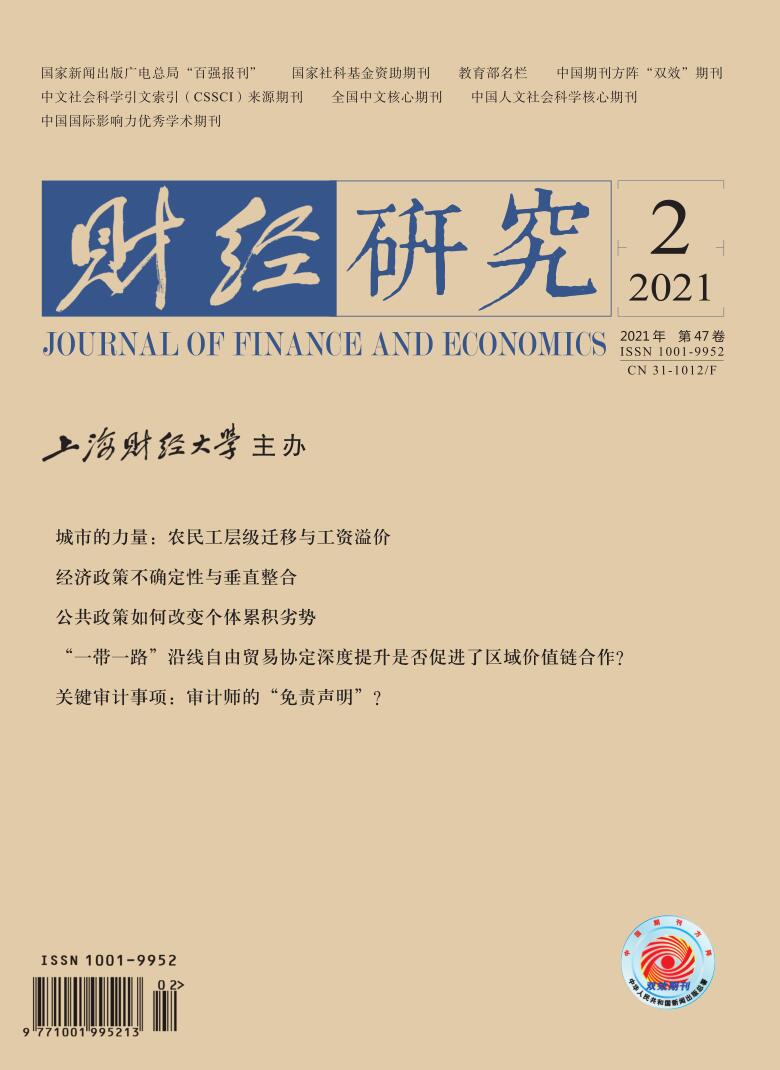The earnings management through accruals is just paper work. In order to control the risk, auditors can require the accountants to adjust the accounts after communicating with managers. However, real earnings management is based on real transactions. Since the accounting is just the recoding of those transactions, no adjustment can be required. As a result, even auditors perceive real earnings management existing, and they have no efficient means to restrict it. The new audit standards introduced key audit matters as new components into the audit report. The standards require auditors to disclose in the audit report how they determine and address the key matters. This provides an opportunity for auditors to disclose more information about their audit behaviors. Auditors can take this opportunity to record and disclose their efforts and show their diligence. Key audit matters can be regarded as a kind of special working paper showing in the audit report.
Therefore, we examine the relationship between real earnings management behaviors and the similarities of the audit report. The results show that auditors will make differentiated statements in the parts of key audit mattes when the company has obvious upward real earnings management behaviors, and the statements have more differences in the audit response than in the description of key audit matters. However, auditors do not make obvious differentiated statements in the audit report when the company has downward real earnings management behaviors. For companies that have implemented upward real earnings management, auditors have a higher probability to choose inventory as a key audit matter, and the expression of addressing the matter is also more differentiated. But the probability that the impairment of accruals is selected as a key audit matter and the expression of its response has no significant correlation with real earnings management. The empirical evidence in this paper shows that auditors can perceive the real earnings management behaviors of companies, and do some targeted auditing practice to deal with the risk about it. As the record of auditors’ behaviors, the report of key audit matters can be regarded as a special audit working paper, and it can be a disclaimer of auditors.
This paper raises a new question in the field of audit: How could auditors deal with real earnings management more actively? In addition, this paper also shows that key audit matters can be regarded as a special working paper disclosed publicly, and they have some exemption effects on auditors’ liability, which provides a new perspective for understanding the communication role of key audit matters. In practice, it is necessary to avoid auditors making excessive disclosure to exempt from their liability and making key audit matters not key at all.






 9286
9286  11804
11804

